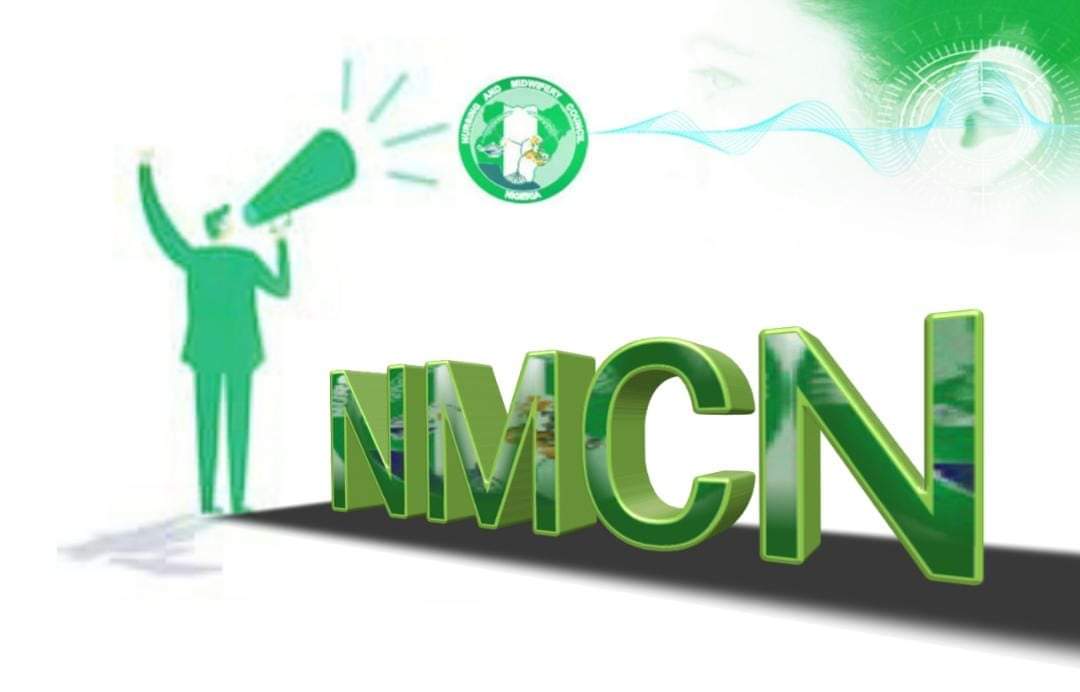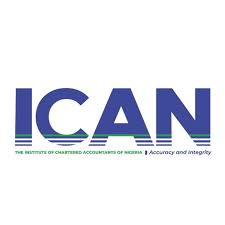In a groundbreaking move to widen access to nursing education across Nigeria, the Nursing and Midwifery Council of Nigeria (NMCN) has officially mandated all nursing institutions nationwide to accept Arabic and Islamic educational certificates, specifically the Senior Arabic and Islamic Secondary School Certificate Examination (SAISSCE), as valid alternatives to the traditional West African Examinations Council (WAEC) and National Examinations Council (NECO) qualifications for admission into nursing programmes. This directive, which takes immediate effect, marks a significant departure from the longstanding requirement that limited entry to candidates holding only conventional O’level certificates from WAEC and NECO exams.
The Council’s circular, signed by Acting Registrar and Chief Executive Officer Ndagi Alhassan, was dispatched to key stakeholders including commissioners of health, vice chancellors, provosts, directors of nursing services, and university teaching hospitals. It underscores the NMCN’s commitment to inclusivity in healthcare education, recognizing the academic rigor and discipline demonstrated by students from established Arabic and Islamic institutions. The memo explicitly states that the SAISSCE is now to be considered on par with WAEC and NECO SSCE certificates for admission purposes, reflecting federal government approval and endorsement by the National Council on Education since 2011.
A senior NMCN official, speaking anonymously, emphasized that this policy shift aligns with the Council’s efforts to foster diversity and inclusiveness while upholding high standards in nursing education. The official noted that candidates presenting Arabic and Islamic certificates have shown strong analytical skills and discipline essential for nursing practice. Institutions offering nursing programmes have been instructed to revise their admission criteria accordingly, ensuring that qualified candidates with these alternative certificates are fairly considered, provided they meet other existing admission requirements and pass the standardized selection process.
The Nigerian Association of Nursing Students has praised the development, describing it as a progressive step toward creating a more diverse and representative nursing workforce that mirrors Nigeria’s multicultural and multi-religious society. Experts in healthcare education also highlight that this expansion could help alleviate the critical shortage of nursing professionals, especially in underserved regions where Western-style education is less prevalent.
Despite the positive reception, some stakeholders have expressed concerns about the implementation process, particularly regarding the standardization and equivalency assessment of Arabic and Islamic certificates. In response, the NMCN plans to issue detailed guidelines to assist institutions in properly evaluating these qualifications. To ensure smooth adoption of the new admission pathway, the Council has scheduled orientation sessions for nursing education administrators across Nigeria’s six geopolitical zones ahead of the upcoming academic sessions.
This policy shift by the NMCN represents a landmark effort to bridge educational divides and enhance healthcare workforce capacity by embracing Nigeria’s diverse educational backgrounds, ultimately promoting excellence in nursing education and practice in line with global best practices.






